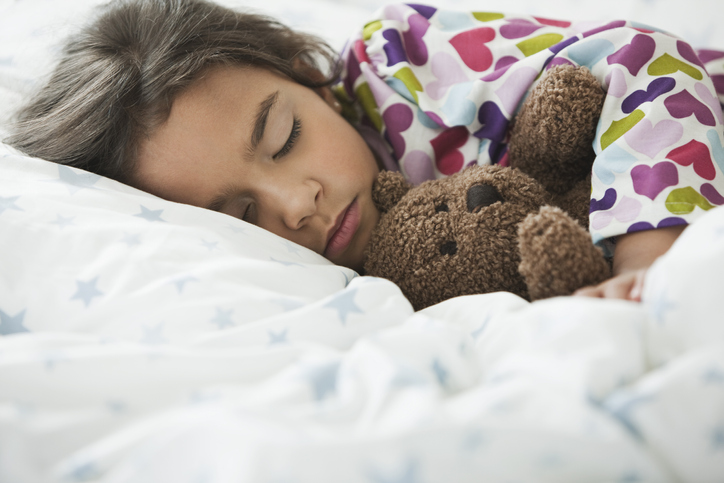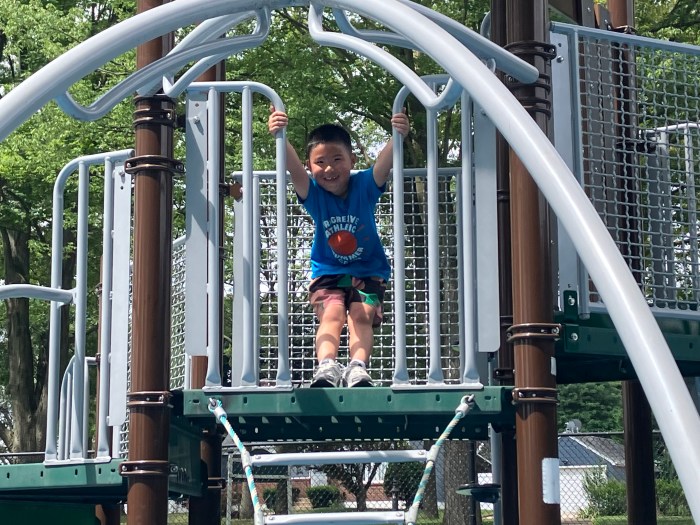When it comes to our kids and sleep, parents know a good night’s slumber is golden. And while it’s essential for us, it is vital for our children as it helps them be present. How important? According to the CDC, The American Academy of Sleep Medicine recommends that children ages 6 to 12 years get at least 9–12 hours (per 24 hours); much younger kids’ sleep needs range from 12 -16 hours. Ummm, my kids never slept that long! But I am an optimist, and I am always searching and learning how to help my children sleep better.
Here are a few things I have tested that help with sleep as well as helpful tips from a sleep expert.
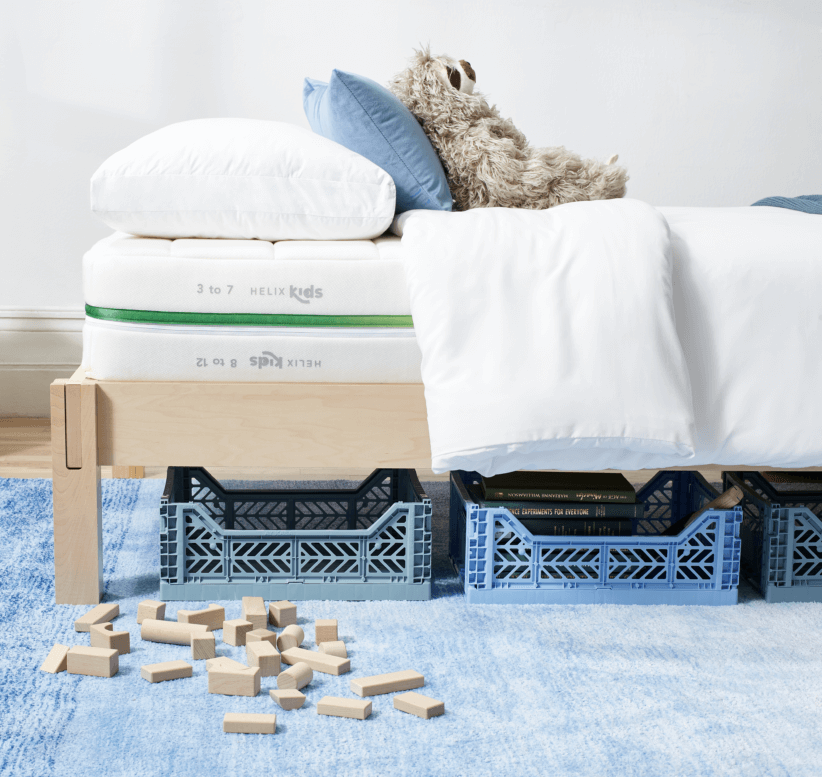
Helix Kids Mattress
If your child is complaining about their mattress, it may be time to consider investing in a well-made bed. The Helix Kids Mattress is backed by child and sleep experts, which us parents want when purchasing an essential item for our kids. This flippable hybrid mattress is designed specifically for growing kids. The mattress is designed with innerspring and custom foam layers so it feels sturdy and not all over the place as some beds can be. What is remarkable about the mattress is that the firmer side is excellent for younger kids who need more spine support. As kids get older (around ages 8-12), while the opposite side of the bed is still firm, this side has more cushion. My oldest is growing fast and complained of back pain; the Helix Kid Mattress has him sleeping better. I also like that all fabrics and foams that are CertiPUR-US certified.
Psst..Instagram Parental Controls Features are Coming Soon: What Parents Need to Know
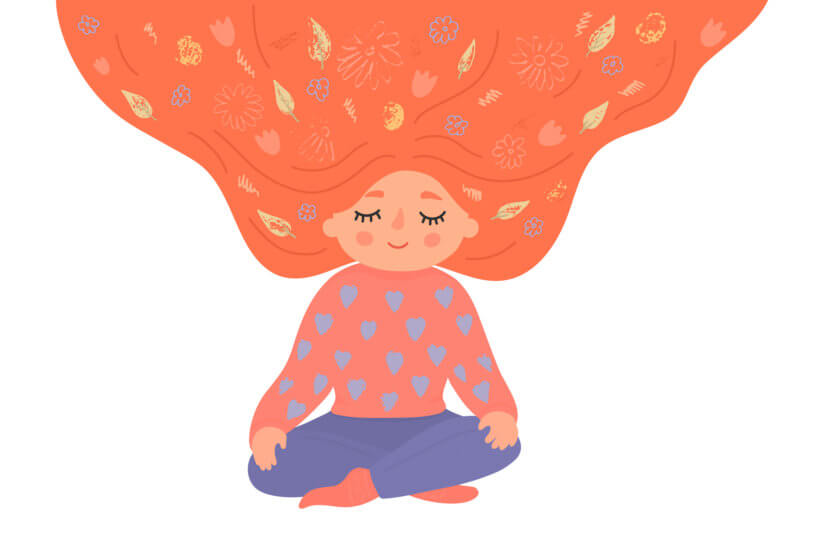
Mediation for Kids: Insight Timer
Many parents know that kids have their worries just like us, and these days with COVID, school, and social expectations, their sleep may be carrying more angst than usual. Meditation can help all of us, and with kids, sleep meditation can teach kids to relax, learn to let go of the day, find comfort despite worries, and(hopefully) relax them enough to have a good night’s sleep. There are many great free mediation apps available. I love the Breathe, Think, Do with Sesame Sesame Street for my youngest. I use Insight Timer (it’s free!). He loves the music mediations and less than five minutes mediations because, well, tweens. #IYKYK
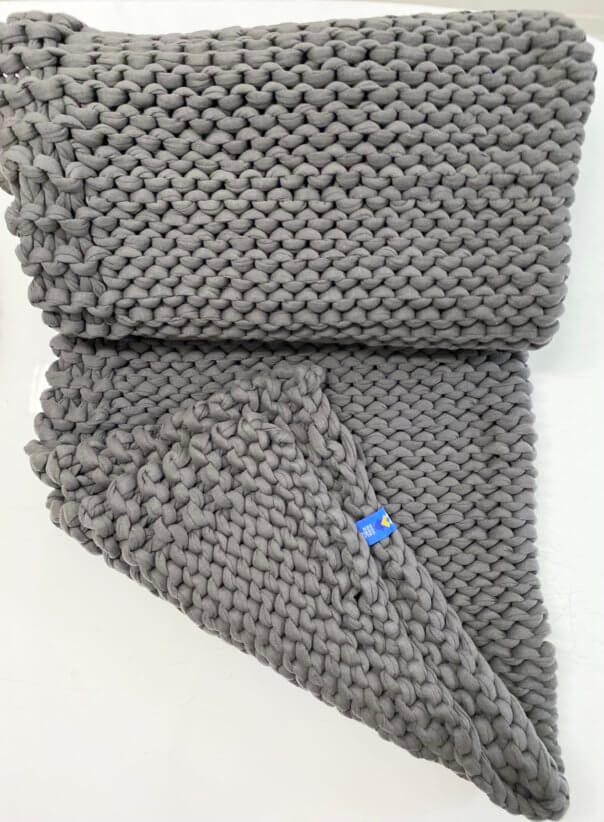
Weighted Blanket: California Design Den Chunky Weighted Blanket
I learned the benefits of weighted blankets with my youngest son, who loves a nice mid-weight blanket. When kids are feeling anxious, a weighted blanket is a bit like a hug and the weight offers a pressure that can be quite calming. Think of it a bit as pressure therapy. This is especially true with my youngest, who is Autistic. This 100 % cotton by California Design Den Chunky Weighted Blanket is soft, and while chunky, it isn’t bulky. The measurements are 40” X 60” and weighs 8 pounds. The brand suggests the weight of this blanket is most suitable for kids who weigh 80 lb to 100 lb. Since my kids are like little heaters when they sleep, I place it on my child so it’s nice and snug, and once asleep, I move the blanket about halfway down. Tip: weighted blankets are not only for kids with sensory issues; they actually can help all of us sleep well.
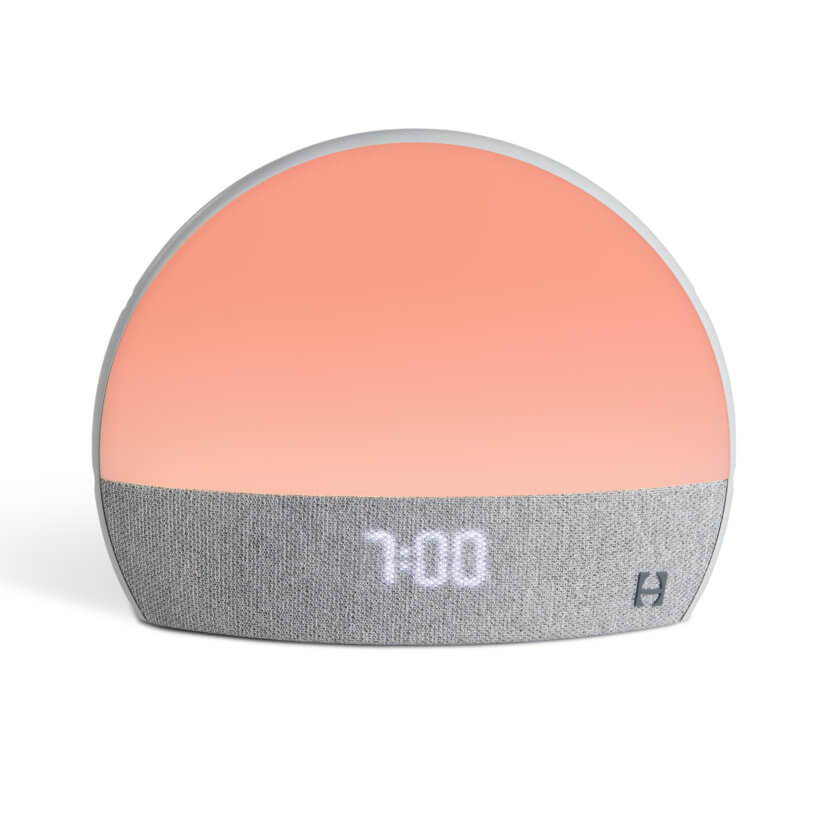
A Clock That Promotes Snooze: Hatch Restore Smart Sleep Assistant With Sound Machine and Sunrise Alarm Clock
If your child hates getting up in the morning- the Hatch Restore Smart Sleep Assistant With Sound Machine and Sunrise Alarm Clock creates the perfect relaxing setting with ambient sounds and dim lighting until they fall asleep. The Hatch Restore will also gently wake you up with its sunrise light effect and soft noises such as birds chirping. Buybuybaby.com, $129.99
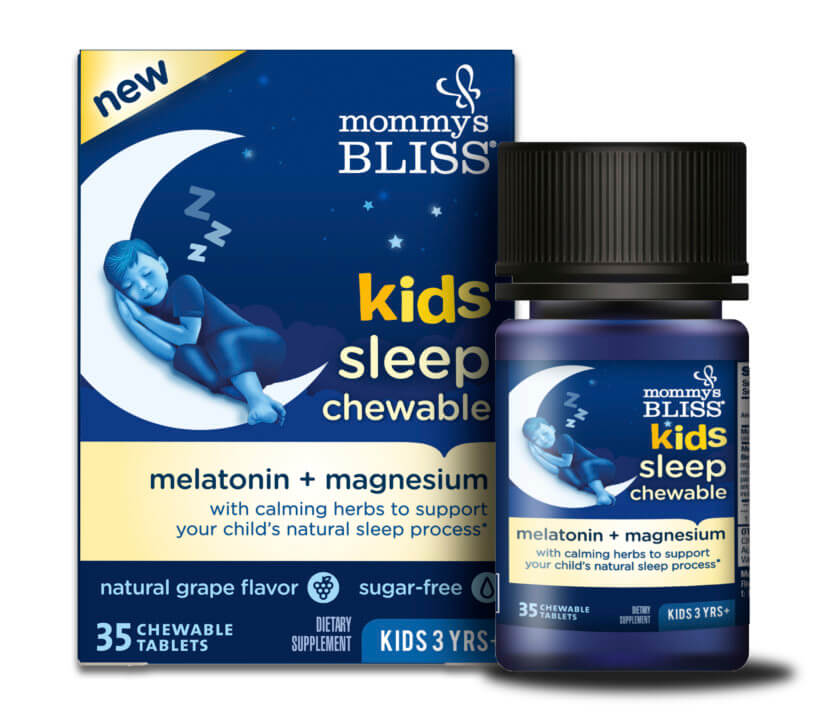
Melatonin: Mommy’s Bliss Kids Sleep Chewable Tablets
When babies are in the infant stage, we might sleep train them or set their nighttime routine with a bath and pajamas, signaling that sleep is near.
When my younger son’s doctor suggested melatonin, I was pretty nervous, but I soon learned that melatonin isn’t a sleeping pill. I tested many melatonin products, and my favorite is the Mommy’s Bliss Kids Sleep Chewable Tablets; I also use the liquid formula.
I love that this melatonin blend of magnesium, organic chamomile, lemon balm, and passionflower works within the hour. My kids are not groggy in the morning, and my oldest only gets it occasionally. Of course, speak to your pediatrician if you need more guidance or advice when using melatonin. As mentioned, my youngest now takes melatonin. He is five years old, is on the ASD spectrum, and is given it at least four nights a week on his doctor’s recommendation. $7.
Helpful Expert Sleep Tips!
The Sleepy Mama-Nicole Cannon is a Certified Infant and Child Sleep Consultant and a mom of four based in NJ tips on helping your kids have a better night’s sleep!
1. Start shifting your schedule
If your child is staying up too late, then, just like with Daylight’s Savings, you can try to shift your child’s schedule back day by day. Start waking your child about 15 minutes earlier every day or two. Also, put your child to bed 15 minutes earlier. By the end of the week, your child should be back to waking at their normal time, and bedtime should be back to where it was. (PS-shift meal times and nap time back too if they’ve crept later).
2. Remove electronics before bed
We hate to admit it, but electronics have been the key to successful parenting over the past couple of years. But, blue light from electronics can delay the production of melatonin. So, if your child is struggling to fall asleep at night, consider removing screens about an hour before bedtime. Studies have found that melatonin production starts to increase fairly quickly once the blue light is removed.
3. Get back to basics
Remember when your child was a baby and everything you read told you to establish a nightly “routine.” Well, the same holds true for older children. Create a bedtime routine that is predictable and consistent. A nightly routine helps a child wind down before bedtime and also removes some of the parent’s stress. Start with a bath or shower, followed by the brushing teeth and pajamas, then onto books and cuddles, and lastly, getting into bed.
4. Set realistic basics
Start talking to your child about what’s expected of them in terms of sleep. For your preschooler, this may mean reading them a book about staying in bed or purchasing an Ok to Wake clock. For an older child, this may mean telling them to get in bed at a given time but allowing them to read a few books on their own before calling “lights out.”
5. Get outside help
Sometimes, even with the best planning and routine, children still have trouble. If you’ve tried all the tricks above and your child is still struggling to fall asleep at night, talk to your doctor about supplementing with melatonin for a few days. Although it is not a long-term solution, melatonin supplements may help reset your child’s internal clock when they first start back at daycare, camp, or school.
This story first appeared on NewYorkFamily.com.
Sign up for Long Island Press’ email newsletters here. Sign up for home delivery of Long Island Press here. Sign up for discounts by becoming a Long Island Press community partner here.




